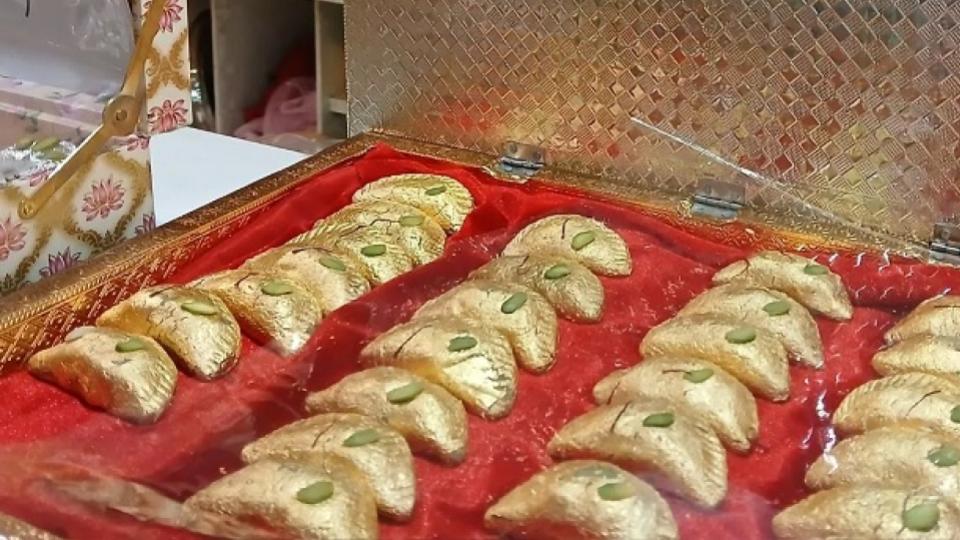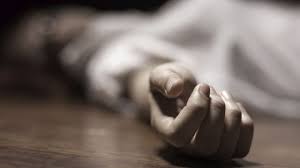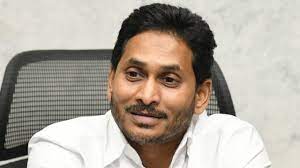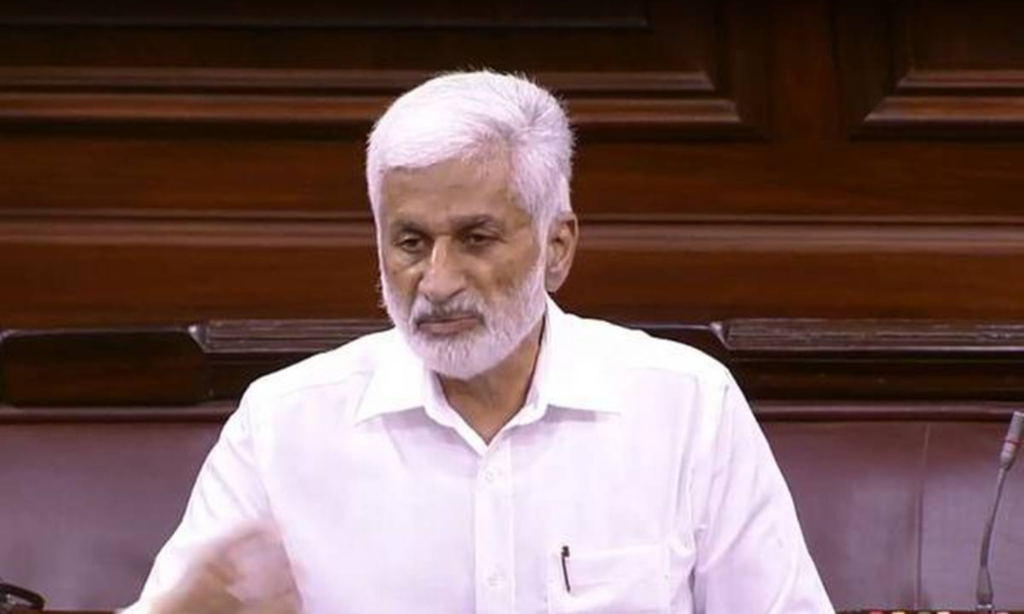Argentina's new president facing challenges
Thu 10 Dec 2015, 20:11:05
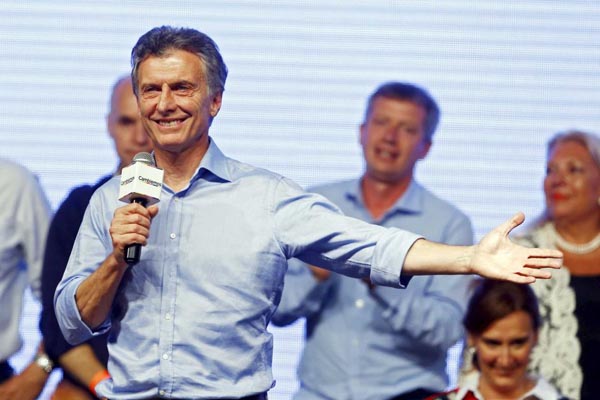
Insecurity was a major campaign issue, with The Telegraph hearing
repeated stories of theft, car jackings and shootings. Murder rates are low
especially when compared to Mexico and Central America – but there is mounting
concern about a rise in drug trafficking, in particular around the town of
Rosario, where Colombian gangs are known to have established themselves. Mr
Macri said he would declare a state of emergency against the
"unpardonable" rise of violent crime, “We still don’t know the exact situation we are inheriting.” and that Mrs Kirchner failure
to stop it had been “incomprehensible and inexcusable Mauricio Macri vowed
during his election campaign to lift currency controls “on day one” – and it’s
indisputable that reviving the moribund Argentine economy is his most pressing
concern. The controls were introduced by Cristina Kirchner in 2011, and since
then whole layers of chicanery have been added on top in a bid to stabilise the
financial system. Mr Macri may also cut the crippling 35 per cent tax on soy
bean exports; farmers were overjoyed at Mrs Kirchner’s departure, and eagerly
anticipating the arrival of a more market-friendly leader. But the current
inflation of 25 per cent and an artificially strong currency has made Argentine
goods uncompetitive abroad. The official rate of the dollar is 9.7 pesos, but
in reality it is around 15 pesos, and black market trade is soaring. Currency
reserves are at a 10-year-low, and a spending spree in the dying days of the
Kirchner administration has not helped matters. Mr Macri himself has admitted
that planning has been difficult because the government has stopped publishing
official statistics – something he pledges to change. “We really don’t have
good information,” he said before his inauguration, when asked what his economic
plans were.
No Comments For This Post, Be first to write a Comment.
Most viewed from International
Most viewed from World
AIMIM News
Delhi Assembly polls: Owaisi leads Padyatra in Okhla
Feb 01, 2025
We reject this Waqf Amendment Bill: Asaduddin Owaisi
Jan 30, 2025
Latest Urdu News
Most Viewed
May 26, 2020
Do you think Canada-India relations will improve under New PM Mark Carney?
Latest Videos View All
Like Us
Home
About Us
Advertise With Us
All Polls
Epaper Archives
Privacy Policy
Contact Us
Download Etemaad App
© 2025 Etemaad Daily News, All Rights Reserved.

.jpg)
.jpg)
.jpg)
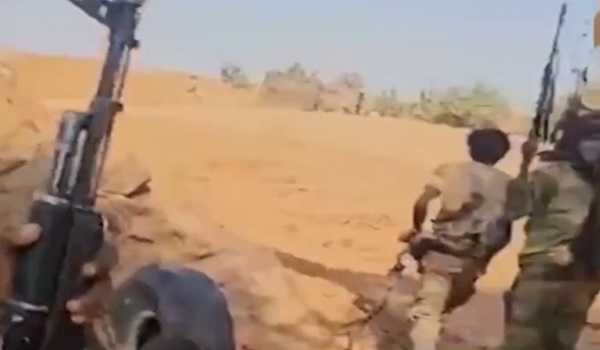
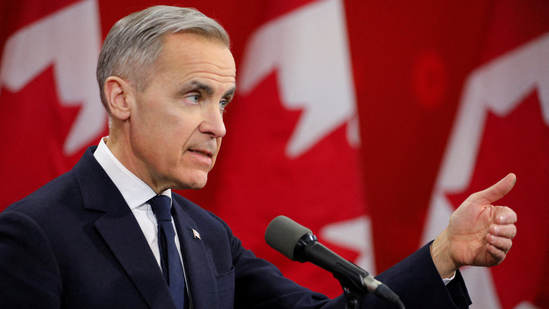
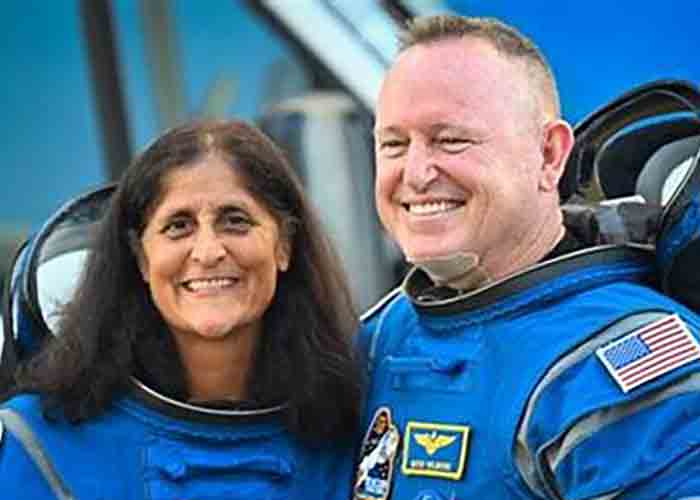
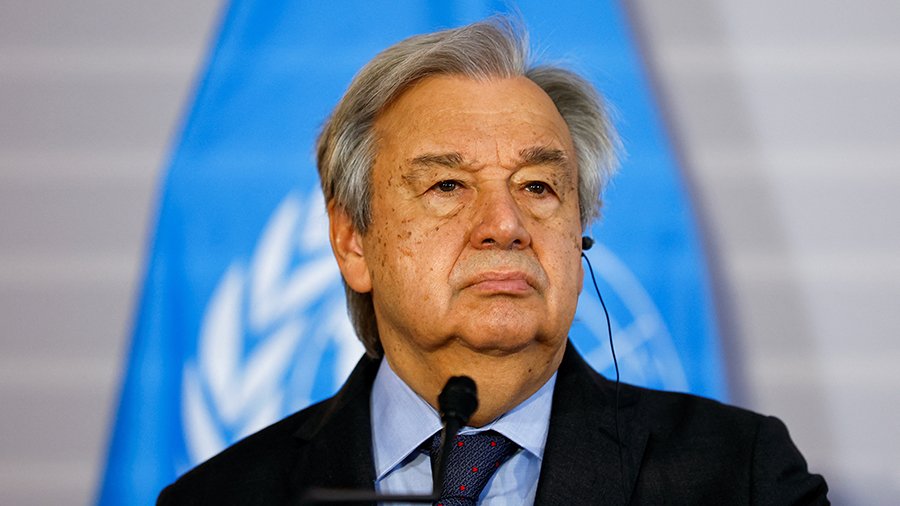
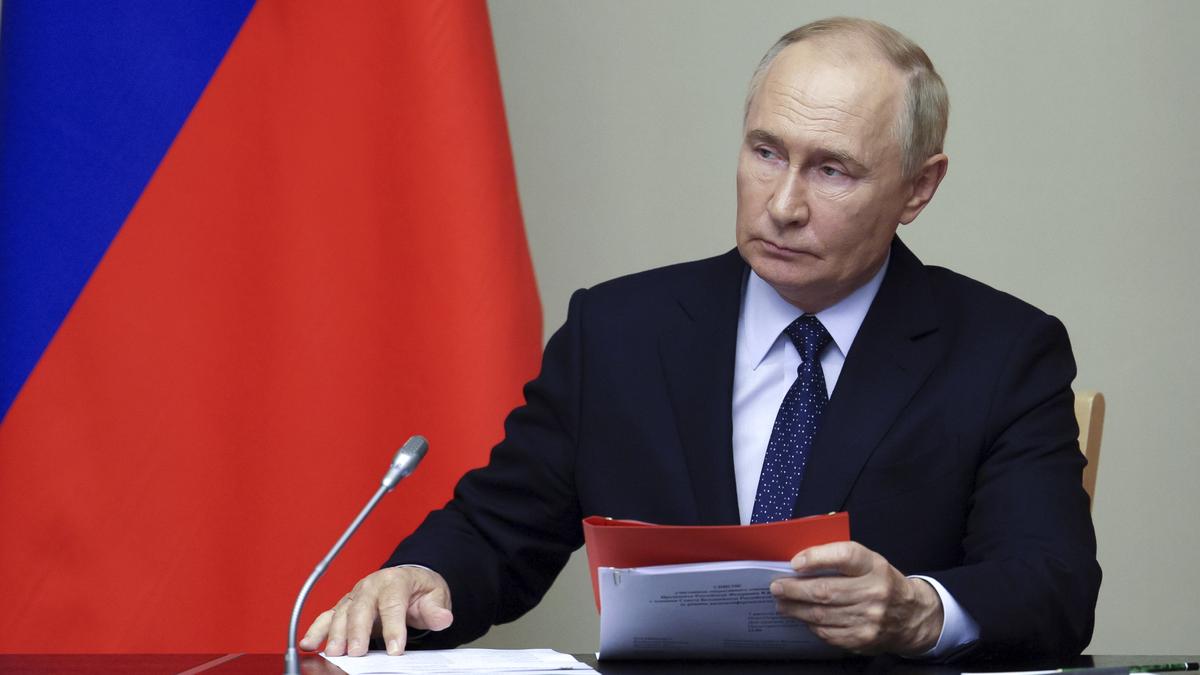
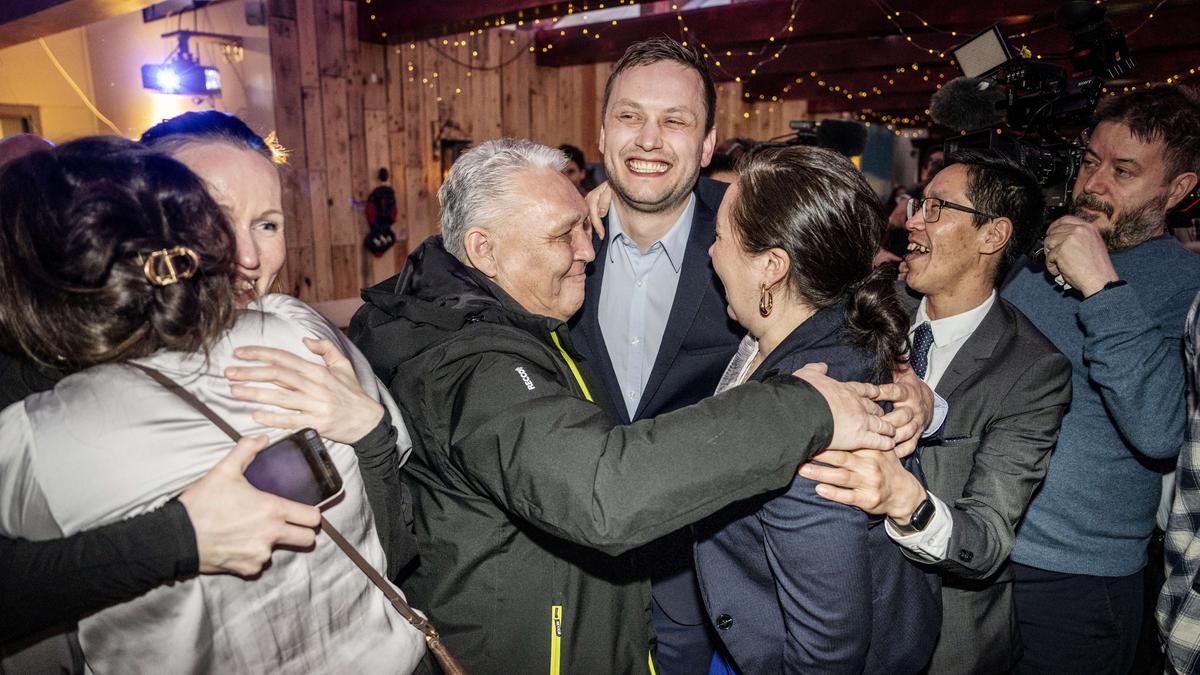
.jpg)
.jpg)
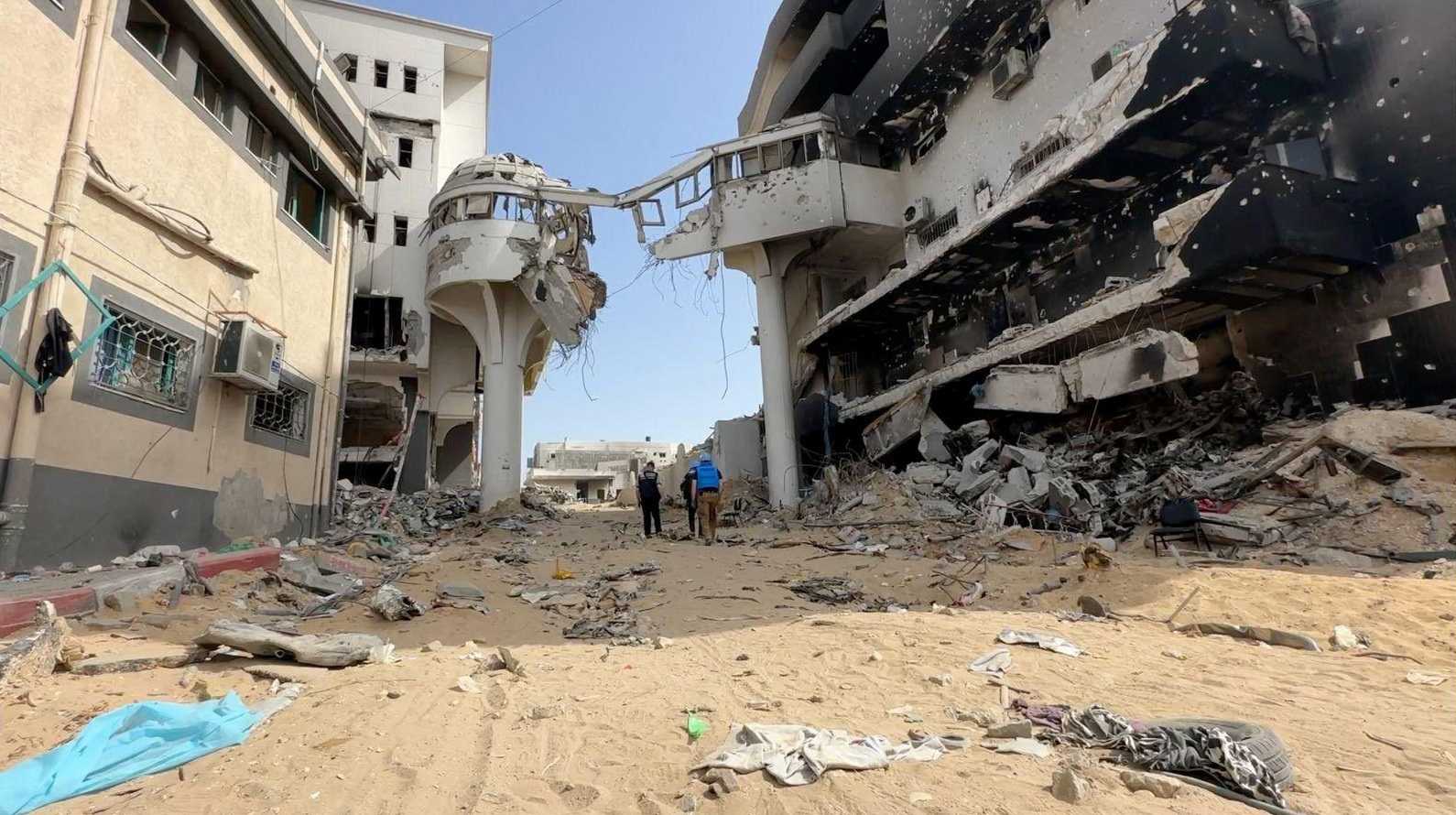
.jpg)
.jpg)
.jpg)
.jpg)
.jpg)
